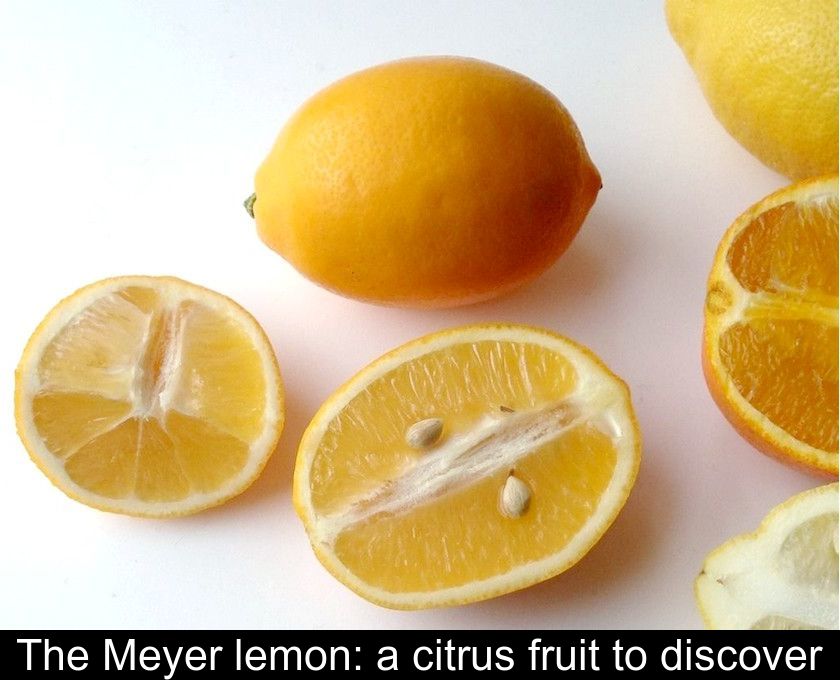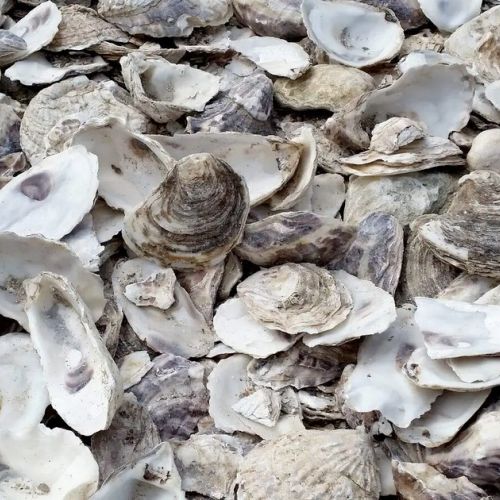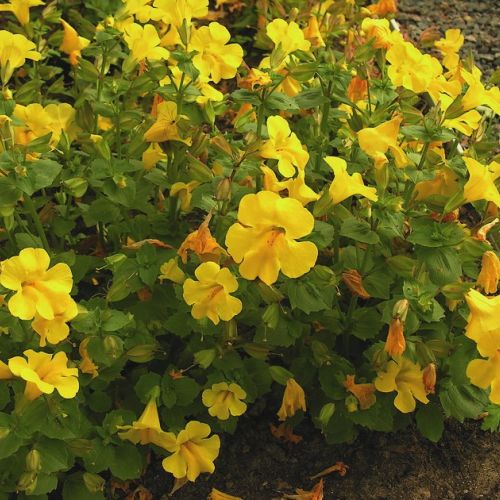The Meyer Lemon: A Citrus Fruit To Discover
Are you familiar with the Meyer lemon? Even though it is officially called a 'lemon', this citrus fruit is a complex hybrid with a sweet, aromatic flavor. Here are 5 things to know about this amazing fruit.
1- It is a false botanical friend
The Meyer lemon or Citrus meyeri is not really a lemon. This citrus fruit, native to China, has a complex genealogy.
We had to wait until 2014 to find out its exact genetic origin: it is the result of a cross between a citron and a hybrid of mandarin and pomelo. It is therefore, despite its name, very different from a lemon.
It owes its name to Franck Meyer, the man who imported this citrus fruit from China to the United States in 1908.
2- It is very different from the yellow lemon
It is impossible to confuse a Meyer lemon with an ordinary yellow lemon because it is so different. It differs from a lemon in that it is more orange in color, more rounded in shape, and also in taste.
When ripe, this fruit has a very thin, smooth, orange-yellow skin. Its pulp is juicy and fragrant, but not too acidic.
Unlike the yellow lemon prized in cooking for its acidity, the Citrus meyeri is a smoother and more aromatic citrus fruit.
3- It can be used in its entirety in the kitchen
Meyer lemon is an interesting ingredient in cooking, both for savory preparations and desserts.
It has the advantage of eating the whole thing from the zest to the pulp. The only part you have to remove are the seeds... But, beware, there are many of them!
For the past few years, this citrus fruit has been gaining renewed interest in the world of gastronomy.
It is more and more used by chefs and therefore more and more proposed on the market stalls.
4- It is grown in several French regions
On the stalls of the greengrocers or markets, one finds more and more easily the Meyer lemon from Morocco but also from France.
Indeed, this fruit is grown in several regions of southern France such as Corsica, Var, Pyrénées-Orientales and Landes.
This tree of the Rutaceae family is now cultivated in many countries. It is appreciated for its vigor, its resistance to diseases, parasites and cold, as well as for its excellent yield.
5- It is easy to grow
If you're used to growing citrus in your garden, you should know that growing the Meyer lemon tree is not difficult.
It is a four-season variety, producing throughout the year for about 8 out of 12 months.
Although this lemon tree is cold-hardy, it should be placed in a well-sheltered area of your garden or grown in pots so that it can overwinter in cooler regions.
For outdoor growing, choose a location with full sun and shelter from cold winds.
This fruit tree has many assets to seduce gardeners: in addition to its fruit, it offers evergreen foliage and fragrant flowers.
It poses few problems as it is well resistant to diseases and pests and has no thorns.






